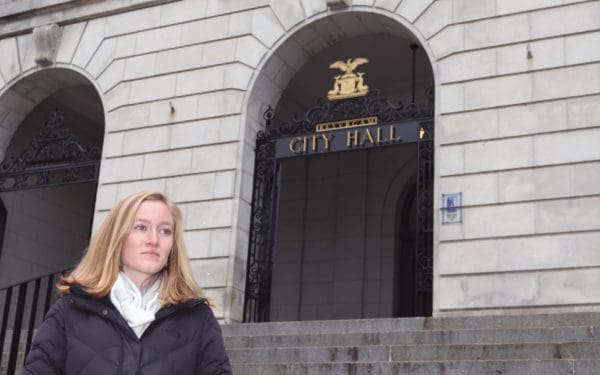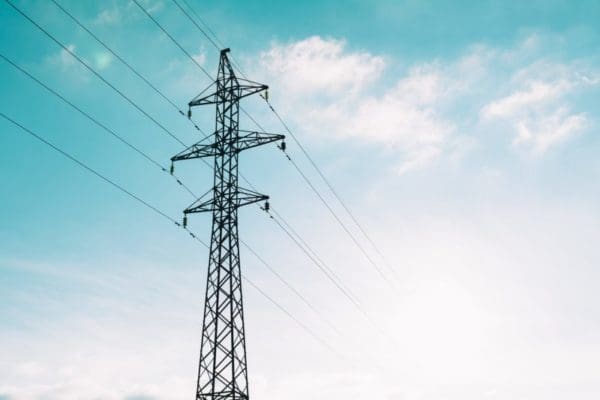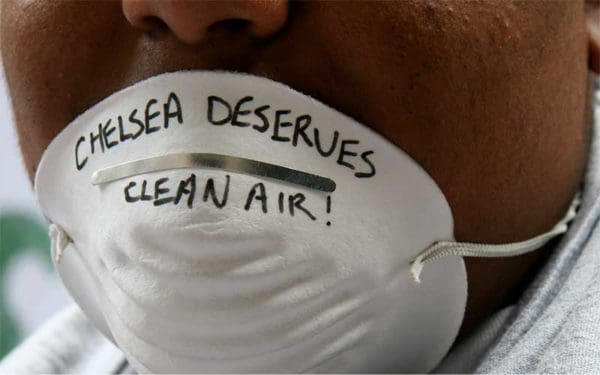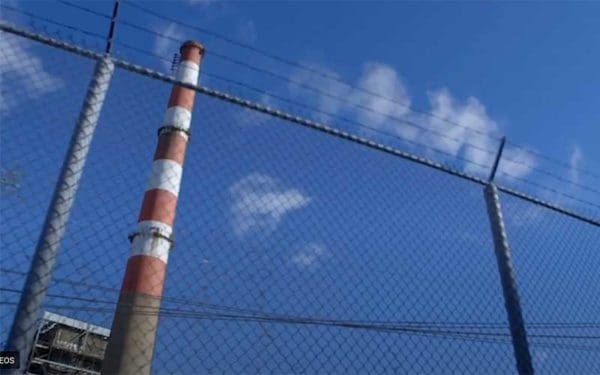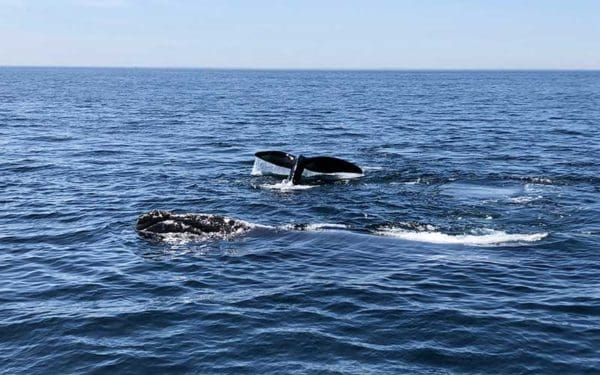May 31, 2020
“When we have an opportunity to set up whole new systems for the safe conveyance of food products, there is no reason why we must settle for systems that include single-use plastics,” Pecci said.
May 28, 2020
A key step to saving Atlantic cod is protecting the mother fish that lay exponentially more eggs than their smaller, younger counterparts. Protecting area where these BOFFFFs, or Big Old Fat Fertile Female Fish, live and spawn is crucial to a healthy cod population.
May 20, 2020
Right now, our regional fishery managers have the opportunity to collect more accurate data by improving the at-sea monitoring program in New England’s groundfish fishery. This management action, called Amendment 23, can help put Atlantic cod on a path to recovery.
May 14, 2020
Even as we mourn the lives lost to COVID-19 and absorb the heavy toll it has taken on our economy, we must recognize that the old “normal” left too many communities unhealthy and especially vulnerable to the pandemic. Replicating that old “normal” will squander an opportunity to reduce climate danger while building healthier and more just communities for all.
May 13, 2020
Here in New England, only Massachusetts, Connecticut, and Maine have binding laws that set enforceable limits on the emissions that cause climate change – the same emissions scientists say must drop to net zero before 2050 to avoid the worst effects of climate catastrophe.
May 11, 2020
“Building new ways to deliver low-carbon energy to our region is a critical piece of tackling the climate crisis,” said Phelps Turner, Senior Attorney at CLF. “DEP was absolutely right to impose significant environmental conditions on this project and ensure that it does not harm critical wildlife areas. NECEC will allow New England to retire dirty fossil fuel plants in the coming years, which is a win for our health and our climate.”
May 05, 2020
In anticipation of World Asthma Day, I connected with María Belén Power from GreenRoots, Andrea Nyamekye of Neighbor to Neighbor, and my CLF colleague Staci Rubin. The four of us spoke about air quality, public health, and what it means to live in an environmental justice community during a pandemic.
Apr 29, 2020
In 2019, Bow Seat Ocean Awareness Programs presented the Healthy Whale, Healthy Ocean Challenge, in partnership with CLF. Students of all ages from across New England created art, poetry, and film to raise awareness of the critically endangered North Atlantic right whale. We sat down with Senior Vice President Alyssa Irizarry to learn more about… Continue reading 5 Questions for Alyssa Irizarry of Bow Seat Ocean Awareness Programs
Apr 22, 2020
The lethal pandemic and its response are causing massive disruption to our economy and adding stress to most of our lives. But neither the human nor the economic costs of the virus are being borne equally. The communities hit first and worst by deadly air pollution, toxic chemical releases, climate threats, and other environmental harms… Continue reading On the 50th Anniversary of Earth Day: Advocacy in a Pandemic
Apr 15, 2020
Thanks to technology, you can spot endangered North Atlantic right whales from your couch. Right now, the whales that traveled south for the winter are migrating back north to our waters. While we’re all at home, it’s a great time to add whale watching to your quarantine activity list.




